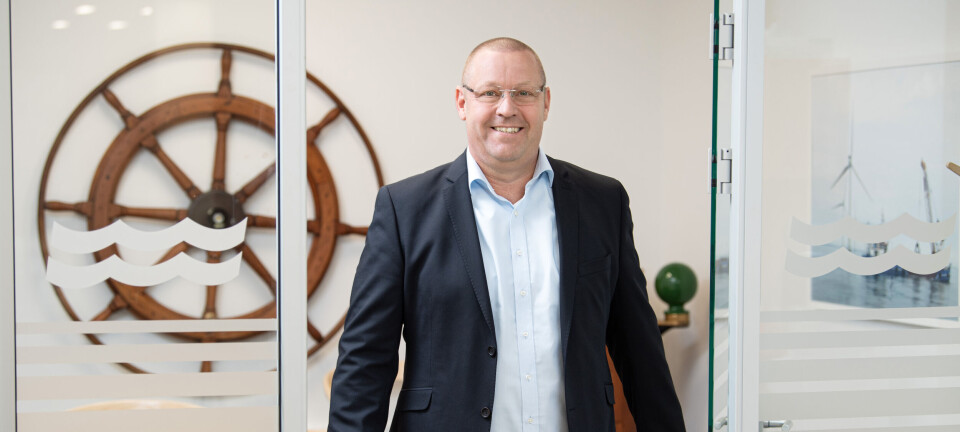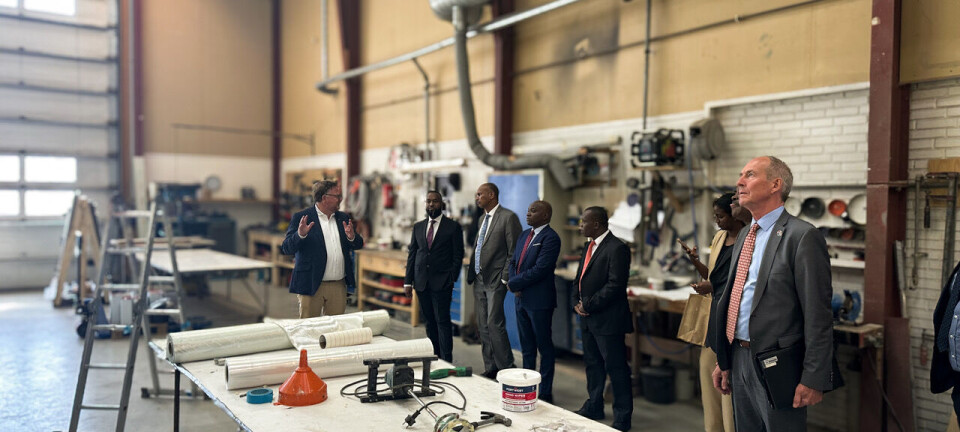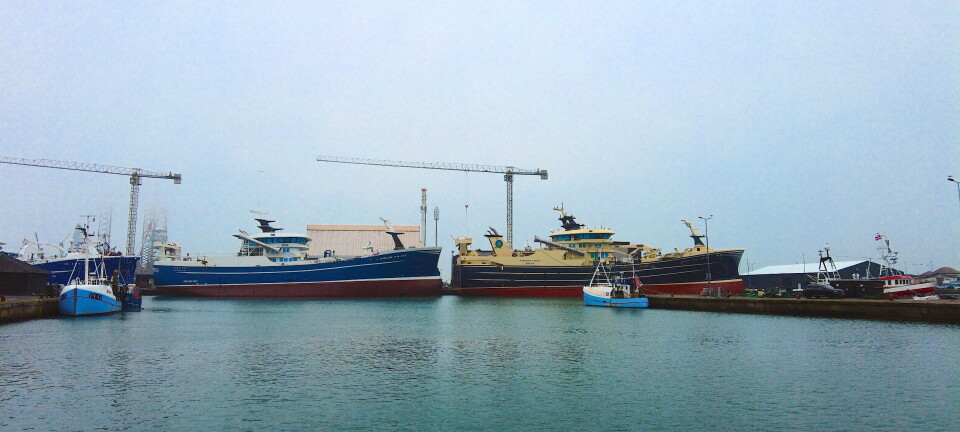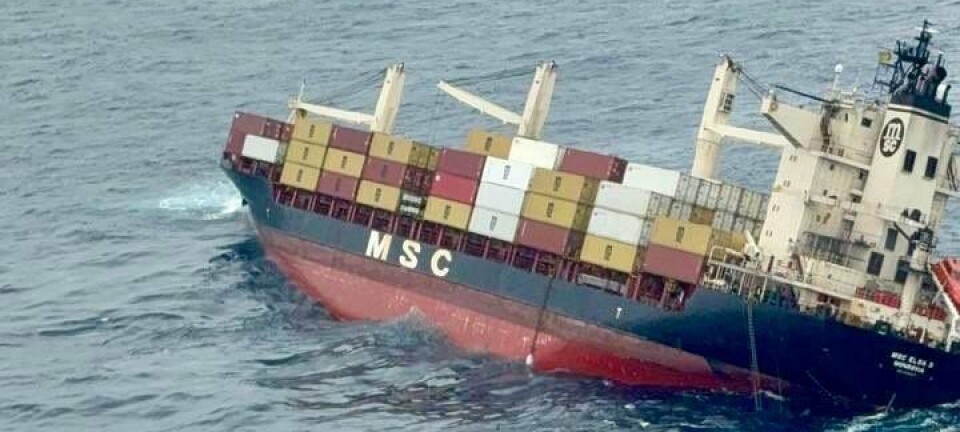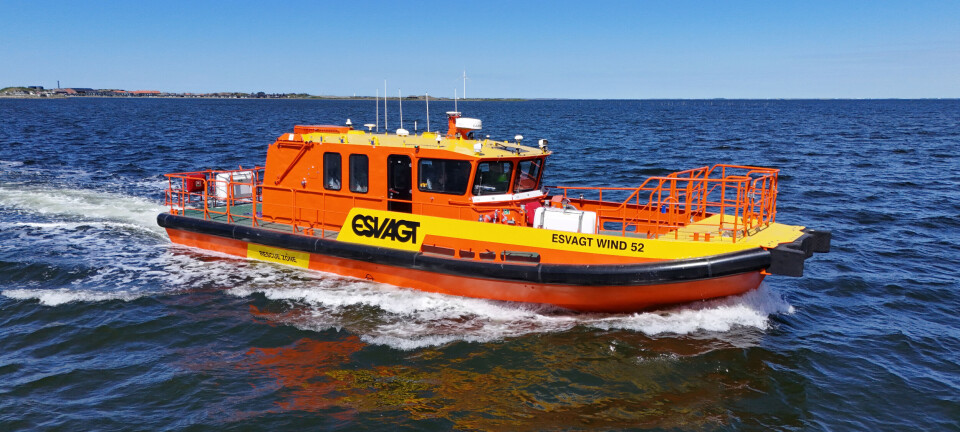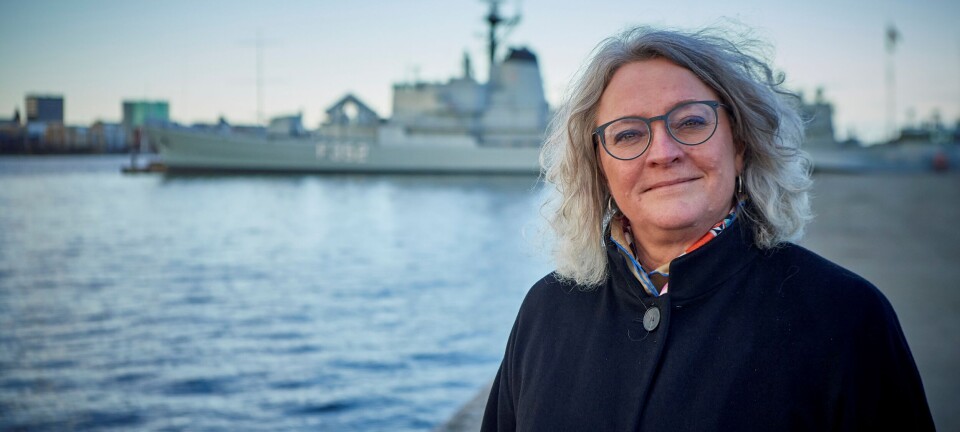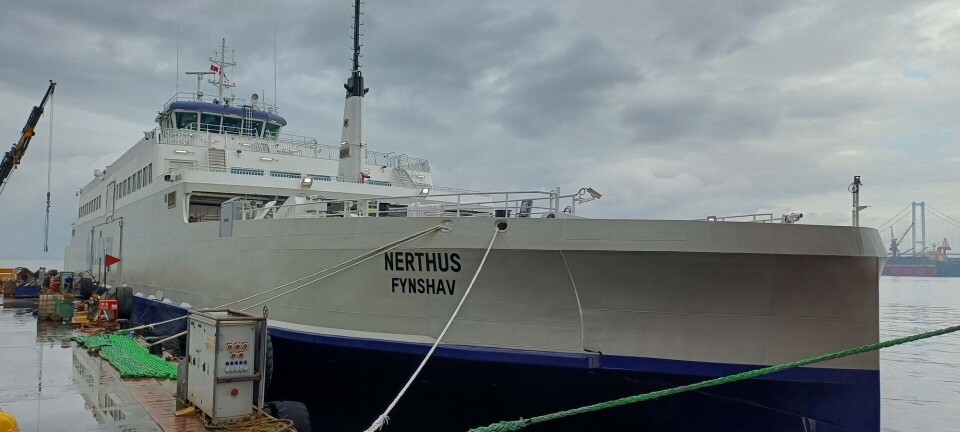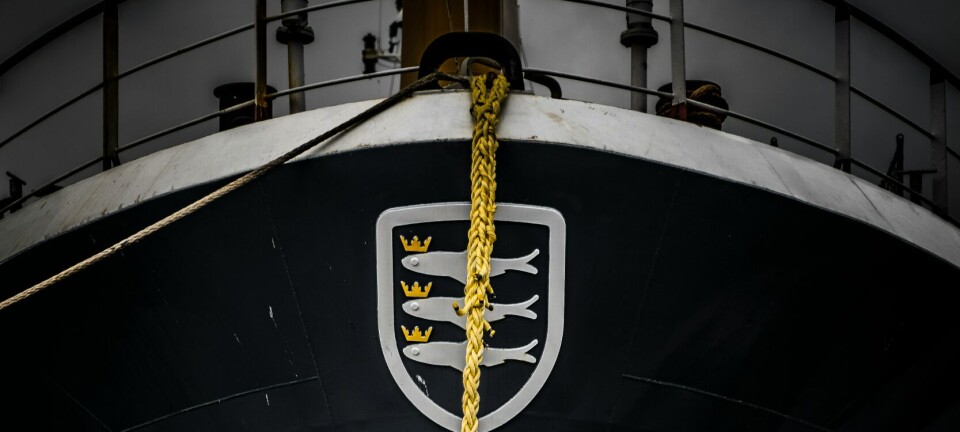British Antarctic Survey departs Germany
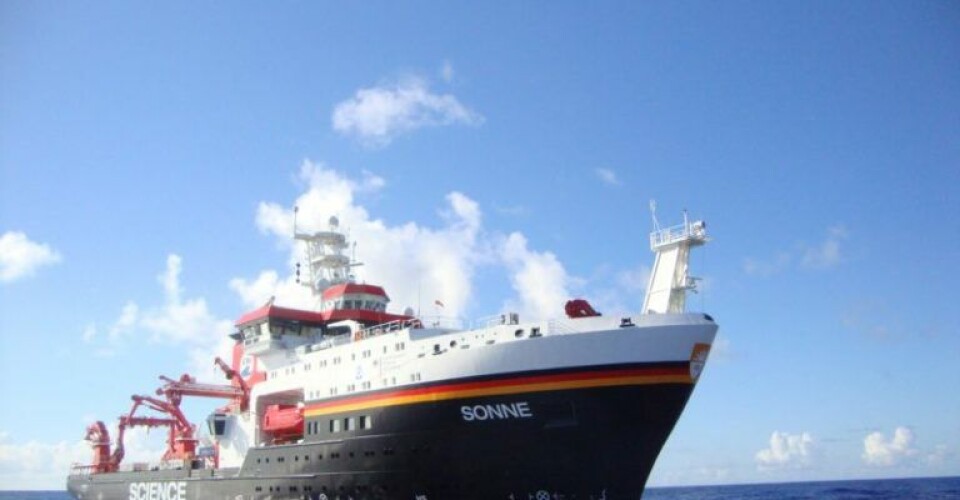
The survey will study marine life, deep in the Atlantic Sea.
In an official press release, the British Antarctic Survey (BAS) has confirmed the departure of its scientist Dr. Katrin Linse, along with a team of 20 researchers, onboard the German deep ocean research vessel, SONNE. Together, they will gather seabed samples across a vast swathe of the Atlantic Ocean, stretching from the Iceland Basin, going all the way up to the Azores.
Hydroacoustics will be used to map the ocean floor. This expedition – referred to as IceDivA, aims to garner superior insight into deep-sea biome, which will eventually pave the way to streamlined conservation initiatives. Building on prior projects, the study endeavours to get a better understanding of the way deep-sea species are distributed.
In the words of Dr. Katrin Linse, “To date, the deep-sea ecosystem has been studied less extensively than the far side of the moon. I am excited about the diversity of marine animals, from snails and brittlestars, amphipods and isopods, that we will find, expecting some known species but also new, yet undescribed and undiscovered animals. Our team goal is to analyse the communities and diversity of the deep-sea animals from the north of Iceland to the southernmost Weddell Sea and this expedition is filling the gap in our dataset.”

